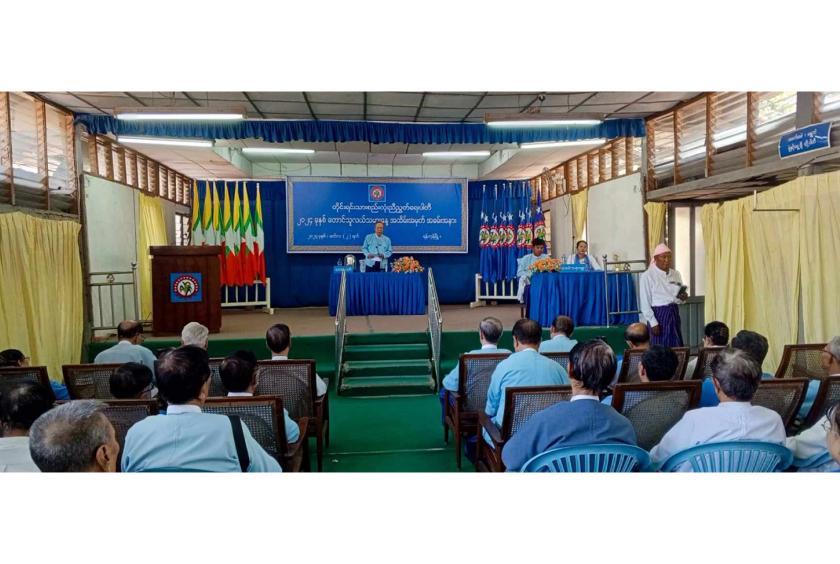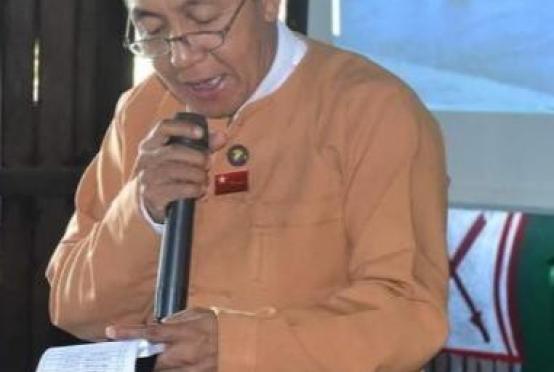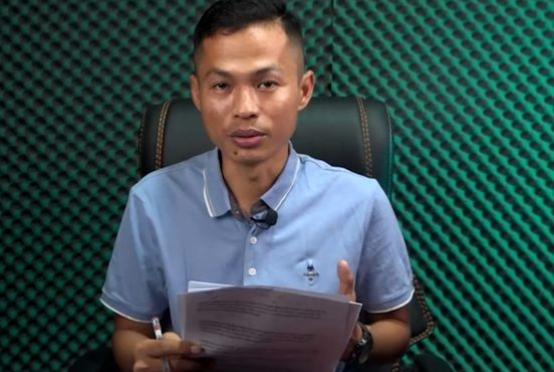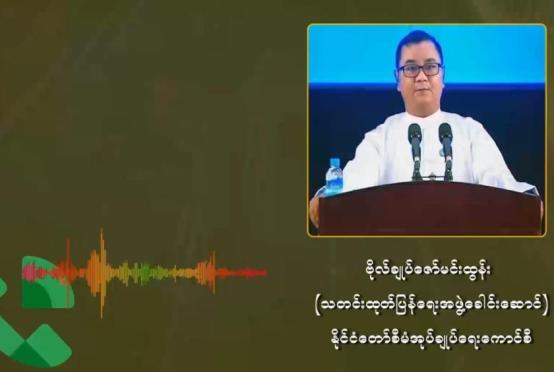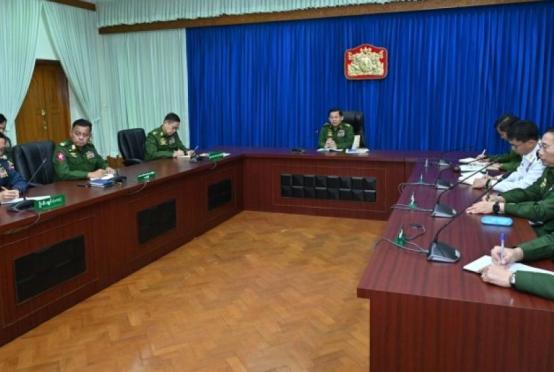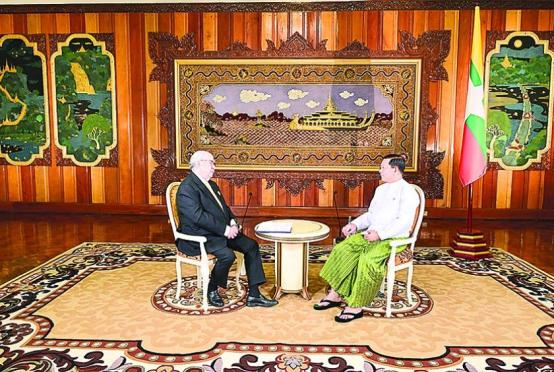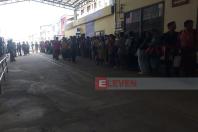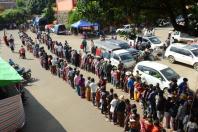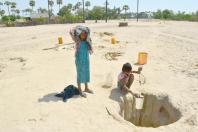U Han Shwe, the chairman of the National Unity Party, emphasized the importance of revitalizing the agricultural sector to engage the new generation of farmers in productive activities.
His message was conveyed during the Peasants’ Day commemoration ceremony held at the National Unity Party Central Committee headquarters on March 2.
Given the scarcity of agricultural labor and the challenges associated with financial investment, many farmers have resorted to cultivating only paddy fields. Unfortunately, this narrow focus has led to a gradual decline in rice yields. Consequently, the country’s capacity to export and sell rice to foreign markets has diminished, resulting in reduced foreign income.
Recognizing that Myanmar’s rural development hinges on a thriving agricultural sector, Chairman U Han Shwe underscored the need for targeted attention to agricultural projects. By investing in and supporting initiatives that enhance agricultural productivity, the country can not only revitalize its agricultural sector but also foster interest among the new generation of farmers in agricultural production activities. This strategic approach is crucial for poverty reduction and overall rural development in Myanmar.
To ensure that farmers can work with enthusiasm and adequate financial support, several measures are proposed. Firstly, basic reference prices for crops like rice, beans, and sesame should be established in advance during the month preceding planting. Additionally, transforming cultivation cost loans into a mid-year loan system or facilitating mortgages on agricultural land (as permitted by law) can alleviate financial constraints. These steps aim to empower farmers and enhance their productivity.
Chairman U Han Shwe emphasized the need to widen the reach of agricultural product cooperative societies across the entire country. These cooperative societies play a crucial role in providing essential services to farmers. By extending their presence, he said it can facilitate access to loans and modern farm equipment through the Ministry of Cooperatives and Rural Development.
U Han Shwe further highlighted the importance of safeguarding farmland. While there are alternative uses for land, unauthorized construction of houses and commercial buildings on agricultural plots must be regulated. Additionally, measures should be taken to prevent the reduction of farmland due to mining and fish breeding activities.
By implementing these strategies, Myanmar can foster sustainable agricultural practices, support its farming community, and pave the way for rural development and poverty reduction.
Farmers, who play a crucial role in ensuring food security, face significant challenges due to financial constraints. Insufficient funds for investment force them to rely on high-interest loans from financiers. Additionally, labor shortages and rising wages further exacerbate their plight. The party chairman’s message highlights the struggles farmers endure, particularly in light of the escalating costs of agricultural inputs.
Since the year 2000, Myanmar’s agricultural sector has grappled with declining crop yields attributed to changing climate patterns. Tragically, some farmers have experienced the loss of both human lives and livestock, plunging them into debt and compromising their socio-economic well-being. Consequently, the younger generation of rural farmers is abandoning traditional farming and animal husbandry, opting to migrate to larger cities within the country.
He said that the situation is further compounded by a shortage of agricultural laborers. Many workers migrate to foreign countries in search of employment opportunities, creating obstacles for improving agricultural production within Myanmar. Addressing these challenges is critical for sustaining rural livelihoods and ensuring the nation’s food security.

